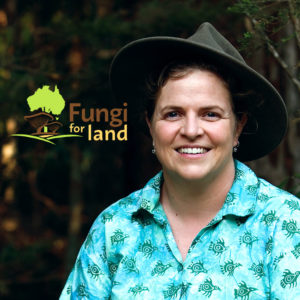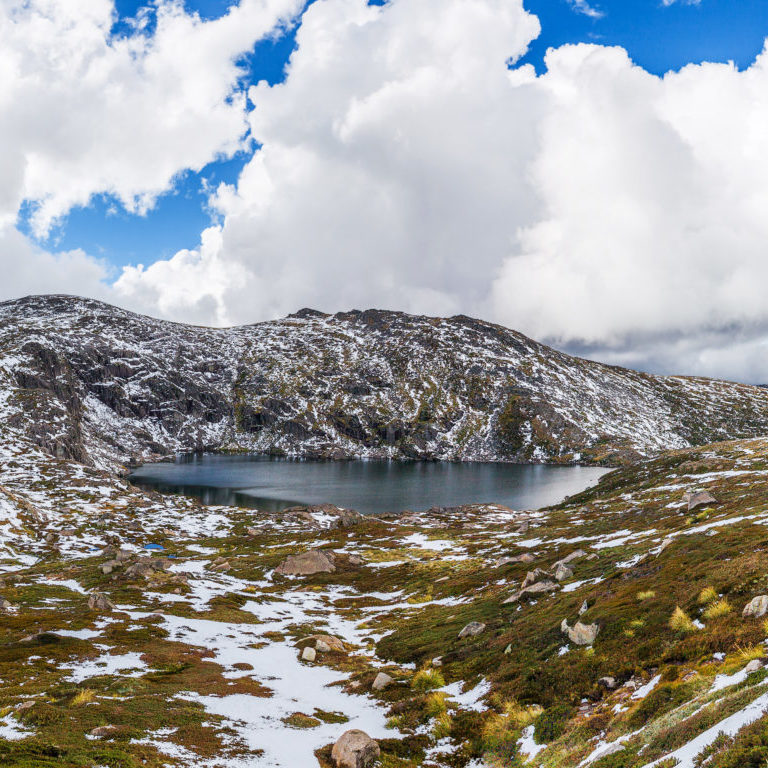Fungi for Land

Australian land managers are only just beginning to discover the important roles that fungi play in healthy ecosystems. Australian fungi are different from those in other countries in the same way that our plants, animals and other species differ. Despite this, Australia lacks a practical guide for land managers for conservation and restoration focused management.
Restoration guides from other countries are, at best, less applicable and, at worst, may suggest the incorporation of fungi from other regions and other countries, which is likely to be detrimental to our Australian landscapes and species.
Fungi4Land are developing a practical guide that will focus on integrating fungi into current land management tool kits.
We know that healthy bushlands are resilient bushlands, due to the myriad of interactions between our animals, fungi, plants and microbes.
By bringing together a large team of international and Australian experts on land management, conservation and fungal ecology, the project leads are creating Australia’s first guide on practical land management through the best management of fungi species.

We are delighted to advise our campaign in support of this vital guide for conservation and restoration-focused land management is now complete. From 2019 to 2021, the Royal Society of Victoria raised a total of $54,408 towards the writing, editing and publication of Australia’s first guide to harnessing the regenerative properties of the mysterious mycological kingdom. Our gratitude is extended to all our members and supporters for contributing to the success of the project, which is nearing completion. We particularly acknowledge with gratitude the generous support provided to the project by Ms Susan Humphries and the Ngaruk Fund, a sub-fund of the Australian Communities Foundation.
You can keep up to date with the progress of the guide at the project’s website: https://fungi4land.com/.









